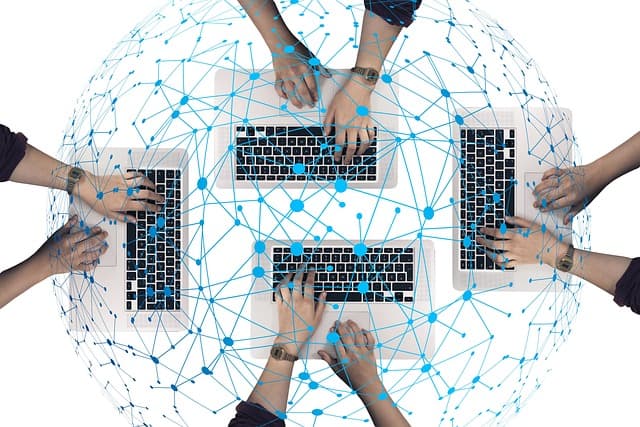Decentralized social media platforms, the new frontier of online interaction, bring both user empowerment and challenges to the digital ecosystem. They differ from traditional networks by using decentralized autonomous organizations (DAOs) for governance, giving users significant control and participation in the development of the platform.
Pros of decentralized social networks
Privacy and Security : These platforms provide increased privacy and security to users compared to legacy social media networks.
Data control . Users have exclusive control over their data, in stark contrast to centralized platforms where data is often commoditized.
Monetization Opportunities . Decentralized social networks open up alternative monetization opportunities for content creators beyond traditional advertising and sponsored posts.
Resistance to censorship : upholding the principles of free speech, these platforms allow users to publish content freely, with the right to remove remaining solely with the original poster.
Challenges faced by decentralized social networks
User experience (UX) challenges . The complexity of blockchain-based applications can be a barrier to widespread adoption.
Market Competition : Existing social media giants dominate the market, making it difficult for decentralized platforms to attract new users.
Scalability and costs . High transaction fees , especially on networks such as Ethereum, create serious problems during periods of network congestion.
Market volatility . Links to fluctuations in cryptocurrency markets can affect the economic stability and value of platforms.
Broader social implications
Decentralized social networks’ approach to content moderation and user control is a response to concerns about corporate censorship on mainstream platforms. While this gives users freedom of expression, it also opens the door to potential issues such as hate speech and cyberbullying, given the lack of centralized content moderation.
Personal data, privacy and security
Following the adoption of GDPR in Europe, decentralized networks are consistent with handing control of personal data back to users. These platforms allow accounts to be created without real identity ties and increase security through public key cryptography. However, data continuity and privacy concerns remain because federated networks do not store personal data and cannot fully encrypt private communications.
Economic neutrality and monetization
Platforms such as Steem illustrate a shift towards economic neutrality by incentivizing the creation of quality content through digital currency rewards. This model aims to create a more user-centered environment devoid of intrusive advertising and external content control.



